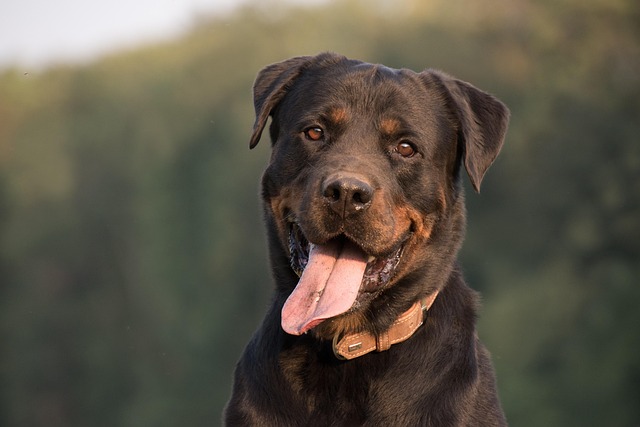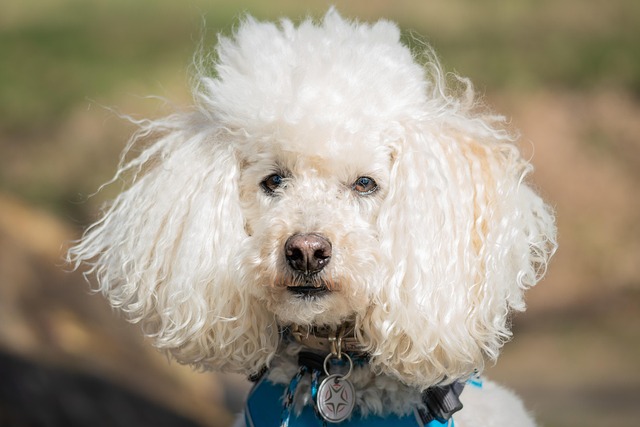
what is parasite treatment for dogs
Discovering your dog has parasites can be an unsettling moment for any new pet owner. Whether you spotted a worm in their stool or found a tick after a hike
So, you’ve noticed your dog’s been a bit… off lately. Maybe it’s a bout of unexpected diarrhea after a weekend, more frequent gas that clears the room (we’ve all been there!), or a general lack of that signature spark during your evening walk in the park. As a new dog parent in the U.S., it’s natural to wonder how to fix this from the inside out. The answer often lies in their gut health, and the good news is, you can support it naturally without always reaching for a pill bottle.
Think of your dog’s gut as a bustling community garden. This microbiome is home to trillions of bacteria, both good and bad. The goal isn’t to sterilize it, but to create a balanced environment where beneficial bacteria thrive. When this ecosystem is in harmony, it doesn’t just mean better digestion; it translates to a stronger immune system, healthier skin, and even a more stable mood. An imbalanced gut, often caused by stress, a poor diet, or antibiotics, can lead to the unpleasant issues you might be seeing.
Ready to become a gut health gardener? Start with diet. Gently introduce gut-friendly, whole foods. A spoonful of plain, canned pumpkin (not pie filling!) is a fantastic source of prebiotic fiber that feeds good bacteria. For probiotics, a little plain, live-culture kefir or yogurt can work wonders. Remember, any dietary change must be gradual—a sudden switch is a fast track to more stomach upset. And before you make any major shifts, a quick chat with your vet is a must. This is also a perfect time to ensure your pup’s vaccinations, like their mandatory rabies shot, are current, as a healthy gut supports a robust response to immunizations.

Your dog’s environment plays a huge role, too. If you live in an apartment, consistent potty breaks and regular walks are non-negotiable for good digestive rhythm. Always, and we mean always, carry biodegradable bags. Scooping your dog’s waste isn’t just basic community etiquette; it’s the law in most American cities and keeps public spaces safe for everyone. Furthermore, never mistake a gut-related accident in your home for behavioral defiance. Using punishment or crate-time for a mistake born from a stomach issue is a major cultural taboo and contradicts modern, positive reinforcement-based training methods that we advocate. Instead, be patient and reward them when they do their business outside.
Ultimately, nurturing your dog’s gut is a holistic practice. It combines thoughtful nutrition, stress reduction through routine, and plenty of gentle exercise. Pay close attention to how your unique dog responds, and you’ll be well on your way to a happier, healthier companion.

Discovering your dog has parasites can be an unsettling moment for any new pet owner. Whether you spotted a worm in their stool or found a tick after a hike

You’re petting your pup on the couch like usual, and suddenly you pause—wait, their fur feels way softer than it did last week. Is that normal?

If you’ve ever petted a neighbor’s pup and marveled at how soft and shiny their fur was, then looked down at your own dog’s coat wondering “is mine okay?”, you’re far from alone.

You might’ve stood in front of your standard poodle’s bowl, wondering if that scoop of kibble is too much—or not enough.

Ever watched your dog suffer from an upset stomach after a nerve-wracking vet visit or a course of antibiotics? Maybe you’ve noticed more

So, you’ve noticed your dog’s been a bit… off lately. Maybe it’s a bout of unexpected diarrhea after a weekend, more frequent gas that clears the room